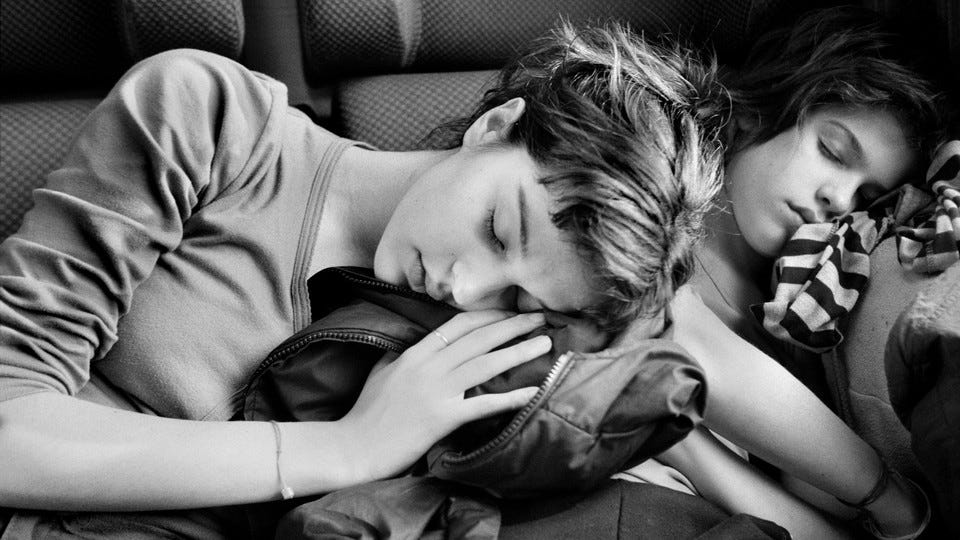eldest daughter syndrome
postcard 10: on being the eldest daughter, selfishness, and identity
This, I think again, is what it is to dream.
prelude
You are in control, I tell myself, you won’t let anything bad happen to her again.
—Book Lovers, Emily Henry
I am the eldest daughter of an eldest daughter of an eldest daughter of an eldest daughter of an eldest daughter.
That means that my mother is the eldest daughter of my grandma, who is the eldest daughter of my great-grandmother, who is the eldest daughter of my great-great-grandmother—who is the eldest daughter. I’m not sure about the rest of my family tree, but I wouldn’t be surprised if the line continued even more.
My mom jokingly calls me the “super eldest daughter” because not only am I the firstborn of my family, but I am also the firstborn grandchild. I was an only child for nine years until my sister was born, so I was treated like the third parent while she was growing up as well. This is all to say that much of my identity was shaped around responsibility and the limitations of those responsibilities growing up.
A few months ago, I came across an article called The Plight of the Eldest Daughter. Not only did I come across it, I was sent it a few times. In the article, Sloat writes,
To be clear, birth order doesn’t influence personality itself—but it can influence how your family sees you, Brent Roberts, a psychology professor at the University of Illinois at Urbana-Champaign, told me. Eldest kids, for example, aren’t necessarily more responsible than their siblings; instead, they tend to be given more responsibilities because they are older. That role can affect how you understand yourself.






